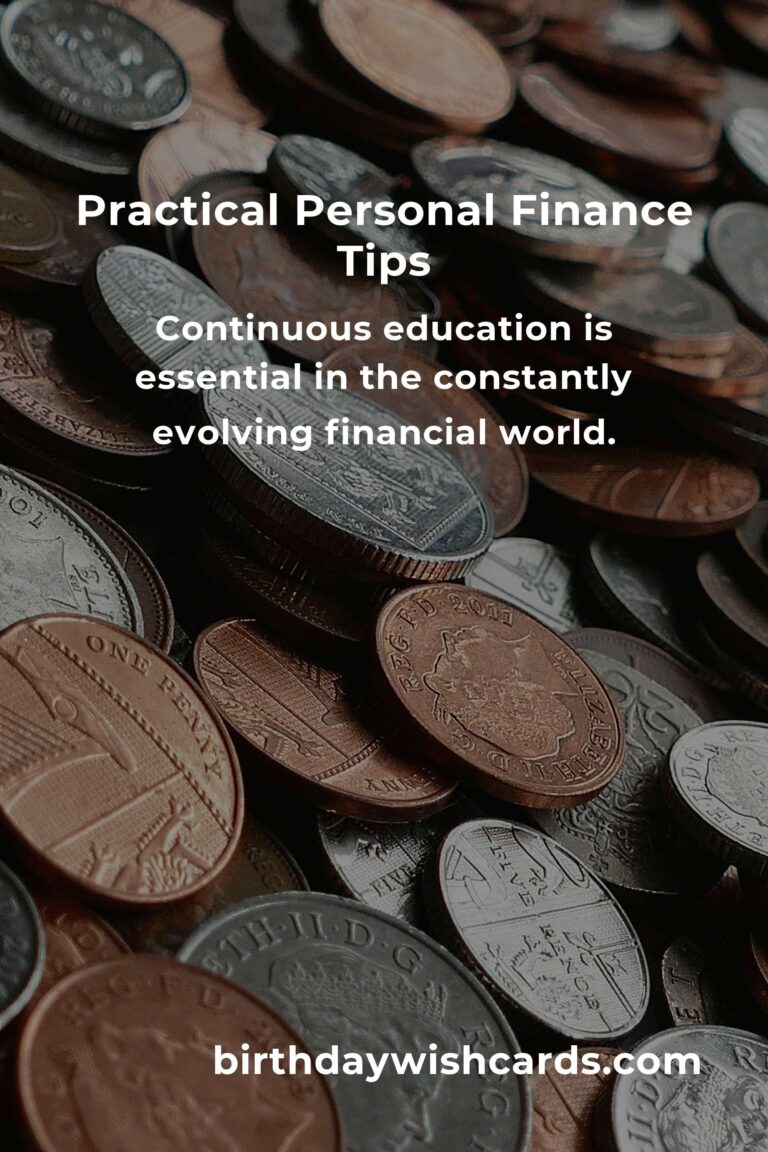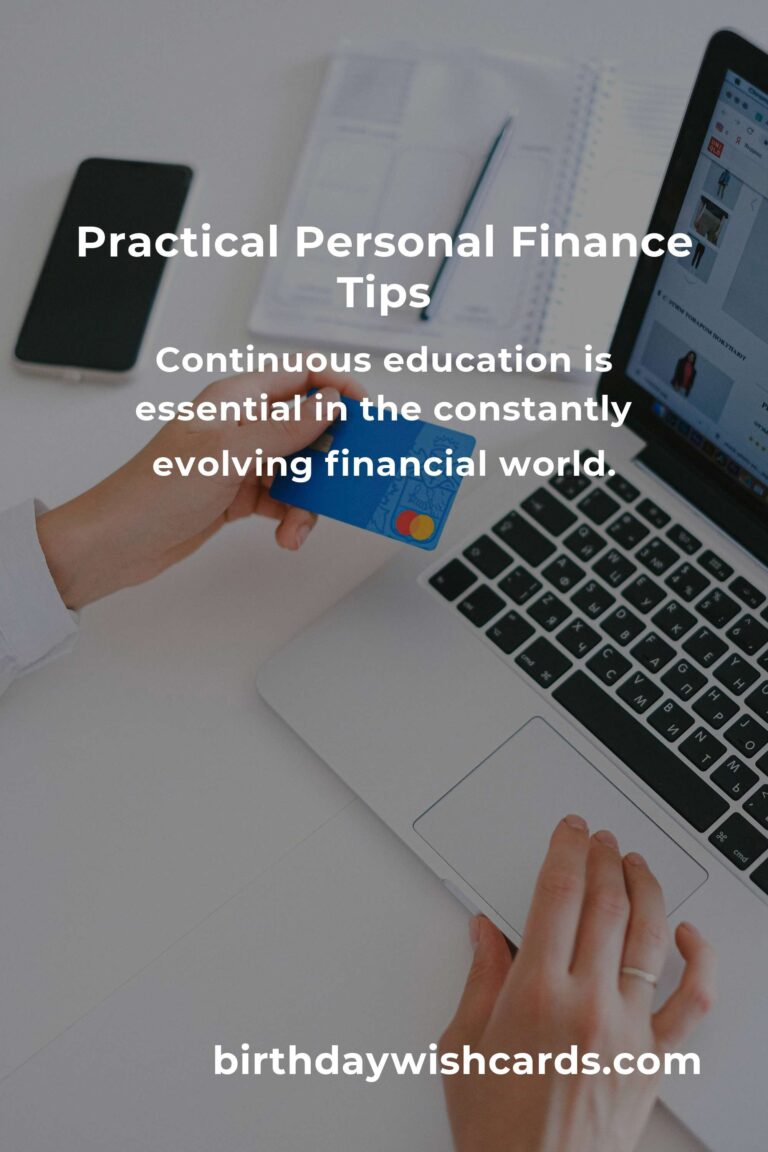
Managing personal finance effectively is crucial for achieving financial stability and long-term prosperity. Whether you are just starting your financial journey or looking to refine your strategies, these 11 tips can guide you toward better financial health.
1. Create a Budget
Establishing a budget is the cornerstone of personal finance. It helps you understand your income, track expenses, and identify areas where you can save. Start by listing all sources of income and then categorize your expenses. Use budgeting tools or apps to simplify this process and make adjustments as needed.
2. Set Clear Financial Goals
Define short-term and long-term financial goals to give your finances direction. Whether it’s saving for a vacation, buying a home, or planning for retirement, having clear goals helps you stay motivated and focused. Review and adjust your goals regularly to align with your changing circumstances.
3. Build an Emergency Fund
An emergency fund acts as a financial safety net for unexpected expenses such as medical emergencies or job loss. Aim to save at least three to six months’ worth of living expenses in a separate, easily accessible account. This fund will help you avoid debt in times of crisis.
4. Reduce Unnecessary Expenses
Identify and eliminate non-essential expenses from your budget. This can include dining out frequently, subscription services you don’t use, or impulse purchases. Redirect these savings toward your financial goals or emergency fund.
5. Pay Off Debt Strategically
Debt can be a significant hurdle in personal finance. Prioritize paying off high-interest debts first, such as credit card balances. Consider using methods like the snowball or avalanche approach to systematically reduce your debt. Consolidating debts might also be an option to reduce interest rates.
6. Invest in Your Future
Investing is a powerful tool for building wealth over time. Begin with retirement accounts like 401(k)s or IRAs, and explore other investment options such as stocks, bonds, or mutual funds. Educate yourself or consult a financial advisor to make informed investment decisions.
7. Monitor Your Credit Score
Your credit score plays a vital role in your financial health. Regularly check your credit report to ensure accuracy and address any discrepancies promptly. A good credit score can help you secure better interest rates on loans and credit cards.
8. Automate Savings and Payments
Automating your savings and bill payments ensures consistency and reduces the risk of missed payments. Set up automatic transfers to your savings account and automatic bill pay for recurring expenses to streamline your financial management.
9. Continuously Educate Yourself
The financial world is constantly evolving, making continuous education essential. Read books, attend seminars, or take online courses to enhance your financial literacy. Staying informed helps you make better financial decisions and adapt to changes in the market.
10. Review and Adjust Regularly
Regularly review your financial plan and make adjustments as needed. Life changes such as a new job, marriage, or having children may require you to reevaluate your budget and goals. Flexibility is key to maintaining financial health.
11. Seek Professional Advice
If managing finances feels overwhelming, consider seeking advice from a financial advisor. A professional can provide personalized guidance based on your financial situation and goals, helping you navigate complex financial decisions with confidence.
By following these practical tips, you can take control of your personal finances and work towards a secure and prosperous financial future.
Establishing a budget is the cornerstone of personal finance. Define short-term and long-term financial goals to give your finances direction. An emergency fund acts as a financial safety net for unexpected expenses. Prioritize paying off high-interest debts first, such as credit card balances. Investing is a powerful tool for building wealth over time. Regularly check your credit report to ensure accuracy. Automating your savings and bill payments ensures consistency. Continuous education is essential in the constantly evolving financial world. Seek advice from a financial advisor for personalized guidance.
#PersonalFinance #FinancialPlanning #Budgeting #SavingMoney #Investing













